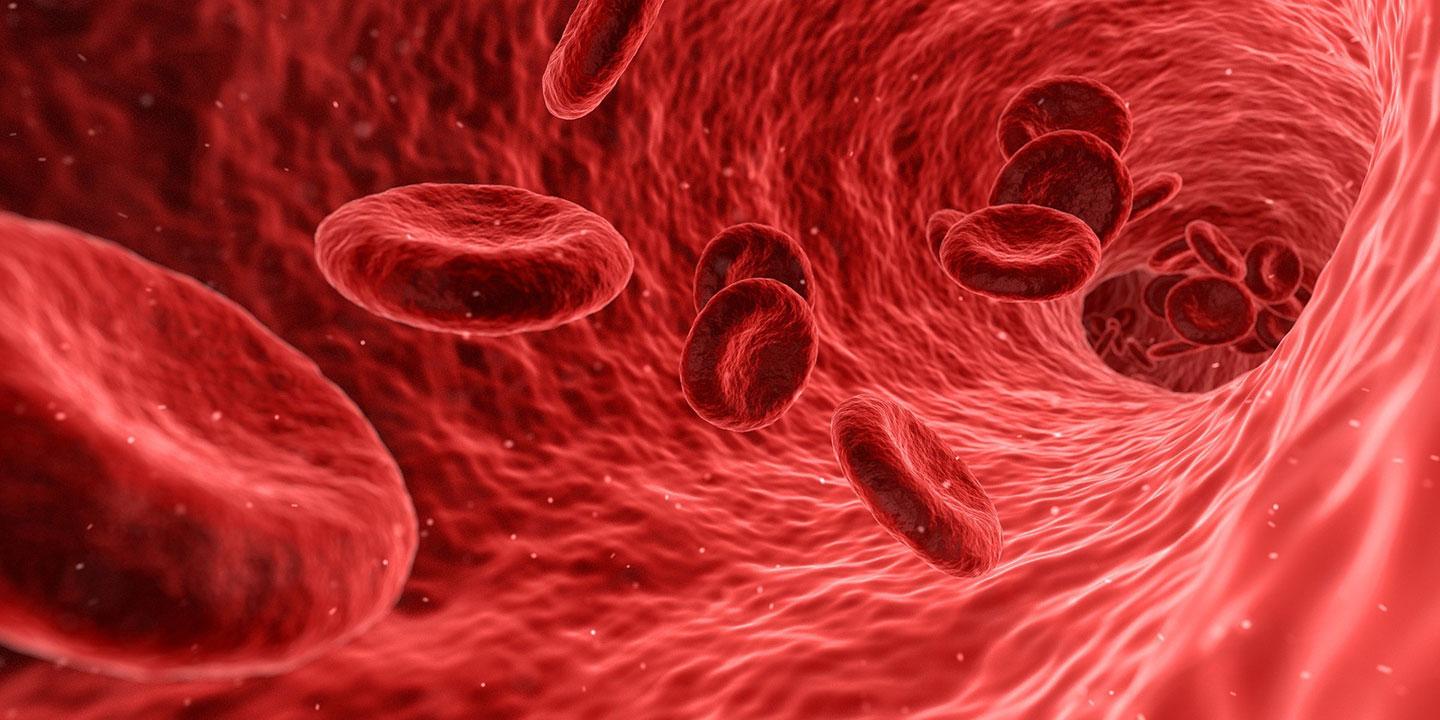Thrombosis prevention in ambulatory patients with COVID-19

Blood thinners for the prevention of unplanned hospital admission, death, and blood clots in high-risk (ambulatory) outpatients with symptomatic Covid-19: the OVID study.
Background
The development of blood clots is a serious complication of Covid-19 that can worsen the disease and lead to death. Hospitalized Covid-19 patients routinely receive blood thinners to prevent blood clots, but it was unclear if high-risk outpatients should also receive this treatment. Since most Covid-19 patients are initially managed at home, the potential benefits of blood thinners for these patients remained unconfirmed without clinical trials that assign patients to one of the two treatment strategies (blood thinners vs. no blood thinners) on a random basis.
Aim
The OVID study hypothesized a potential benefit of blood thinners in Covid-19 patients, potentially reducing the number of hospitalizations, primarily due to thromboembolic complications or Covid-19 itself, and the number of deaths among patients receiving blood thinners. Moreover, we studied the impact of blood thinners on the development of blood clots and on the course of symptoms.
Results
As far as we know, this is the first and biggest study that aimed to investigate whether using the blood thinner heparin can help prevent blood clots in Covid-19 patients who are sick and have symptoms, but not hospitalized. Overall, 472 patients were included at 8 study centers in 2 countries (Switzerland and Germany) and followed for 90 days after inclusion in the study.
When half of the total participants were enrolled and data were collected, we checked to see if the treatment was working well enough to continue the study. The independent group overseeing the study recommended stopping the study early based on pre-planned statistical criteria. They determined that the chances of finding a clear benefit of using enoxaparin for preventing blood clots in this study were very low, given the original study design assumptions. The results of the OVID study showed that using enoxaparin did not reduce the risk of early hospitalization for any reason. The overall risk of early Covid-19-related unplanned hospitalization was 3.4% with no differences between treatment groups.
Our study, together with the results of similar studies that used different blood thinners, does not support using blood thinners routinely for Covid-19 patients who are not in hospital, as it may not prevent severe complications due to Covid-19 leading to unplanned hospitalizations.
Moreover, we showed that early treatment with blood thinners did not improve the course of symptoms and their resolution. Although our findings point to a reduction of blood clots in outpatients with Covid-19 who received blood thinners (0.4% vs. 1.7% without blood thinners). More studies are needed to confirm these findings.
Specific contribution to tackle the current pandemic
The results from this large study, which included participants from different countries, showed that using a type of blood thinner called low-molecular-weight heparin did not seem to prevent Covid-19 patients from getting worse and needing to go to the hospital. Moreover, it did not speed up the resolution of symptoms and one patient out of six experienced residual respiratory symptoms 90 days after Covid-19. Based on these results, it is not recommended to routinely use blood thinners for Covid-19 patients who are not hospitalized.
Original title
Enoxaparin for primary thromoprophylaxis in ambulatory patients with coronavirus: the multicenter randomized controlled ovid trial
